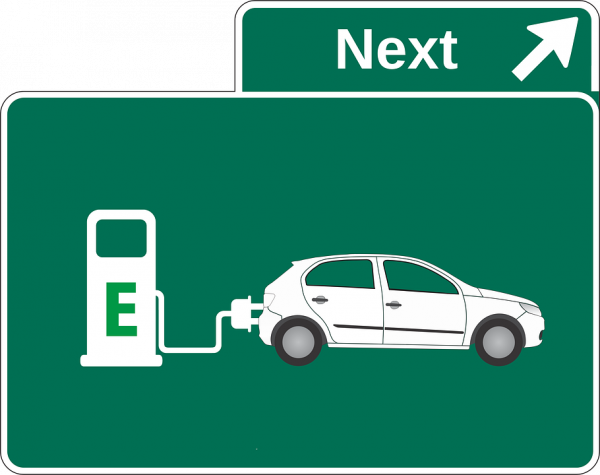The Startup Has to be from Radstadt in Austria was founded in 2013 – and today is one of the secret innovation leaders in the field of electromobility. The rapid rise is due to the successful look of the two founders for the niche.
Electromobility is not much more than a blink of an eye in the history of the automobile. The new drive requires a new infrastructure and new services – and thus provides room for new players in the market. Has to be is one of those newcomers. The founders Martin Klässner and Alexander Kirchgasser had the right view for the gap at the right time.
What fills the company founded in 2013 is the software gap behind the charging hardware, which brings order to the charging station jungle. Be.Energised is the name of the Austrians’ solution, an intelligent software for the management of electric charging infrastructures. It is a hardware independent operating system for charging stations.
Full-service provider for e-mobility
In the meantime, Has to be sees itself as a complete provider in the field of electromobility. “We can provide our customers with complete operation and the management of charging stations and electricity supply. In doing so, we always act as a white-label provider, which means that the end customer does not see us, but only feels the quality of the processing, “says founder Martin Klässner.
Today the startup employs more than 45 employees in Radstadt, Vienna and Munich, serving customers in 27 countries and manages more than 12,000 charging points with its software. More than one million charge cards are managed by Be.Energised.
Partner of Ionity
In the future, a few more will be added: Has to be is a software partner of Ionity, the charging joint venture of BMW, Daimler, Ford, Audi and Porsche. The goal is to build a 400-pillar fast-charging network in Europe by 2020. “Our software ensures the stable operation of the charging stations and allows easy billing, no matter which charging card the customers want to load,” explains Klässner the part of his company in the project. “We also operate the hotline where customers call when something does not work.”
And it should not stay that way: In the future, the partnership will be intensified, they say. For example, companies are working closely together on the subject of calibration law. The common goal is the production of a compliant charging infrastructure for the used Super High Charger. This will allow IONITY to offer legally compliant downloads in the future after completed standard tests.
The participation in Ionity’s charging network efforts shows that Has to be has become a mandatory partner in the mobility turnaround within a few years – even if the company name is still only known to insiders. Martin Klässner and Alexander Kirchgasser will hardly be bothered by it as long as their company keeps the threads together – or the software – in the background of the most important e-mobility projects.

